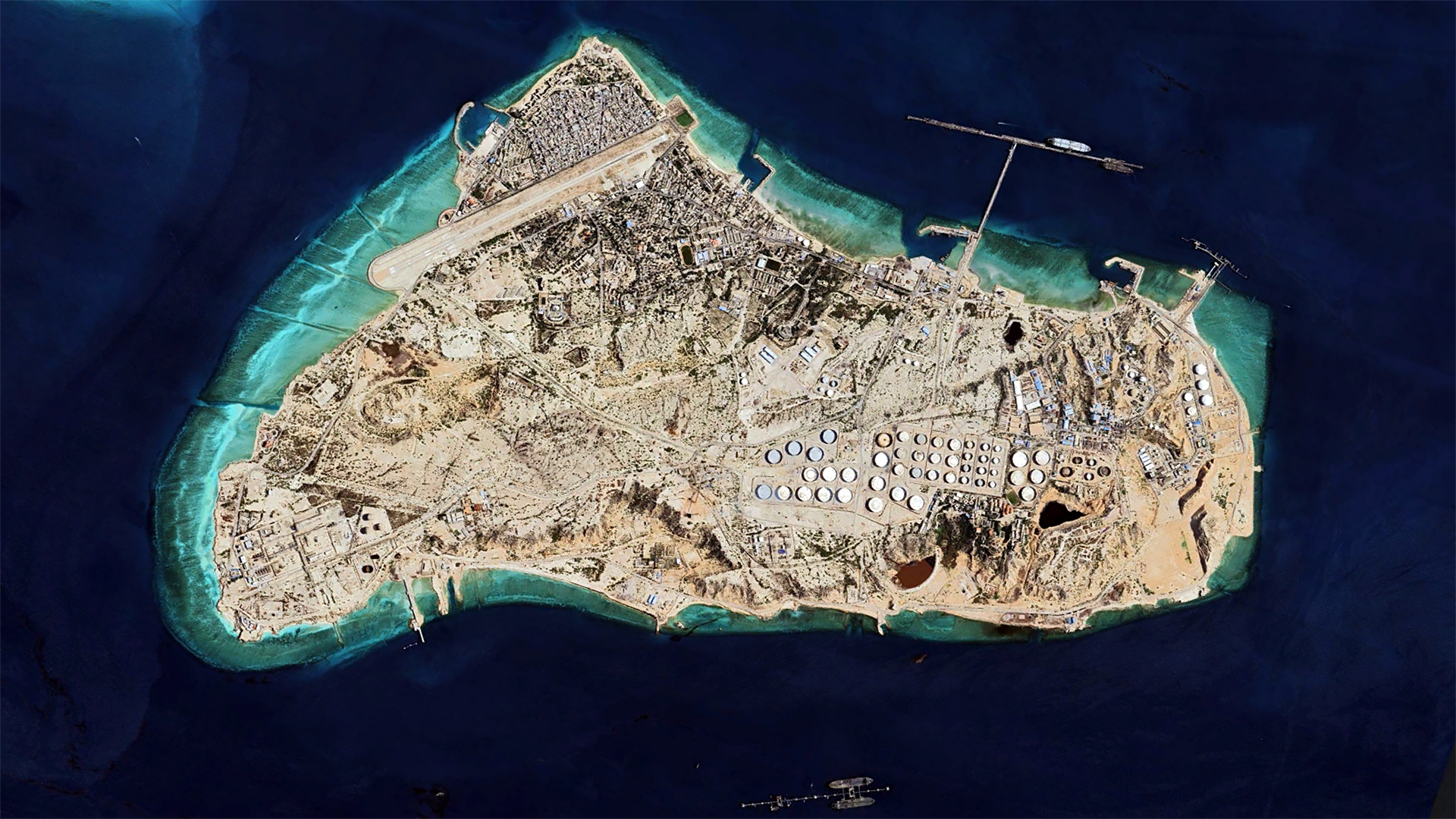https://en.wikipedia.org/wiki/Armillaria_ostoyae
Another specimen in northeastern Oregon’s Malheur National Forest is possibly the largest living organism on Earth by mass, area, and volume – this contiguous specimen covers 3.7 square miles (2,400 acres; 9.6 km2) and is colloquially called the “Humongous fungus”.
Uses
The species is considered a choice edible.
Hmmm. Apparently in national forests in Oregon you can harvest up to a gallon of mushrooms for personal use at one time, no permit required, though you’re not allowed to sell or barter it.
…that’s kind of amazing that anyone can just go out and eat part of the largest organism on earth.


















To be fair, it’s not very evenly distributed. I can imagine some states being grouchy that a wildly disproportionate share of their land cannot be put into economic use, when other states are not kicking in something comparable.
https://ballotpedia.org/Federal_land_ownership_by_state
Wyoming has 46.7% of its land be federal. Nevada 80.1%. New York has 0.8%.